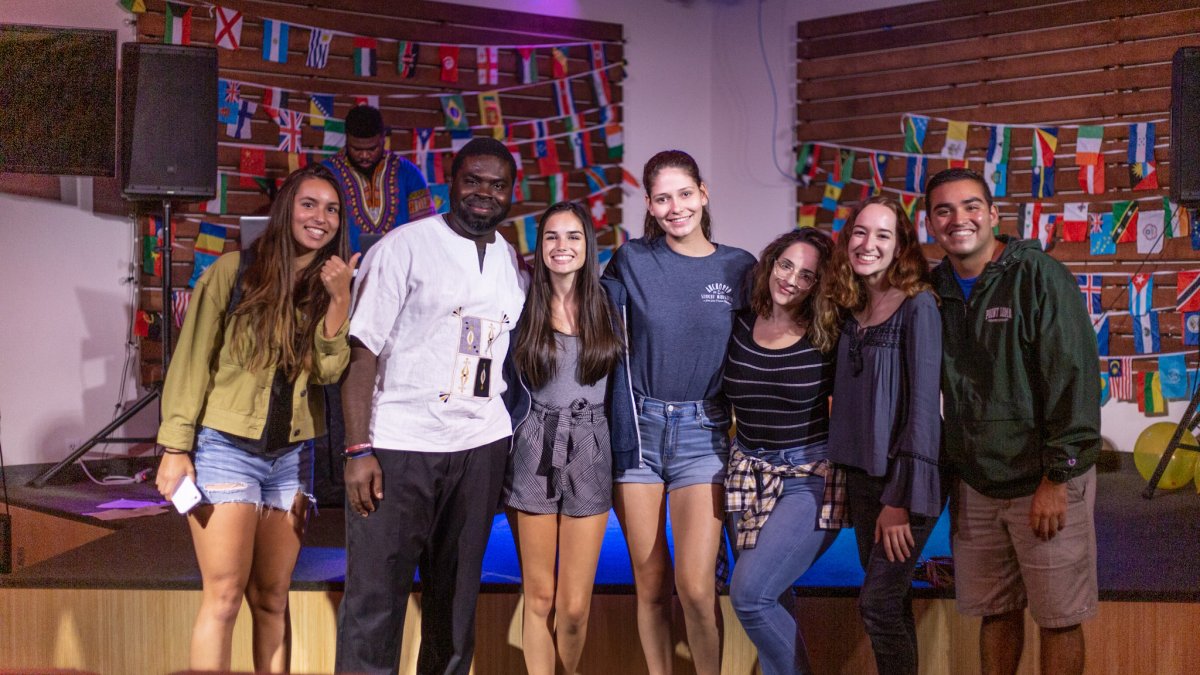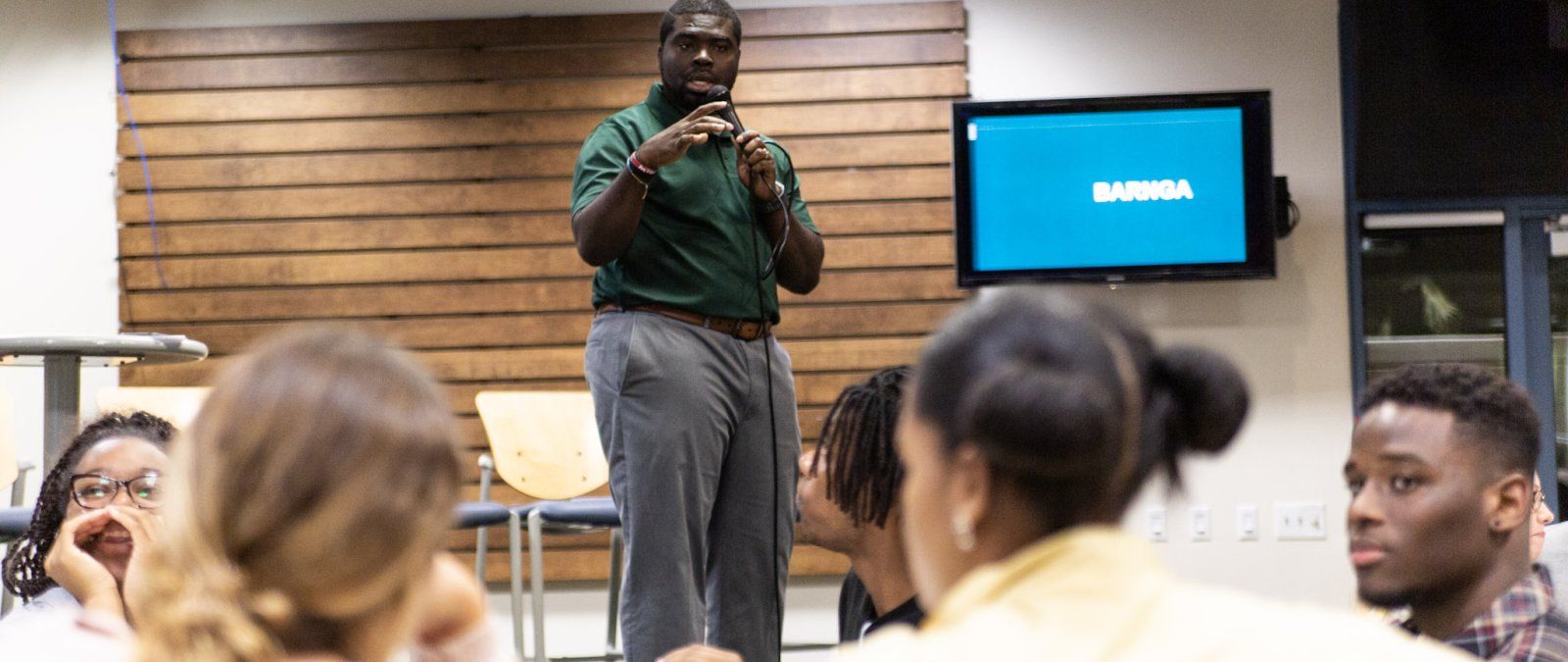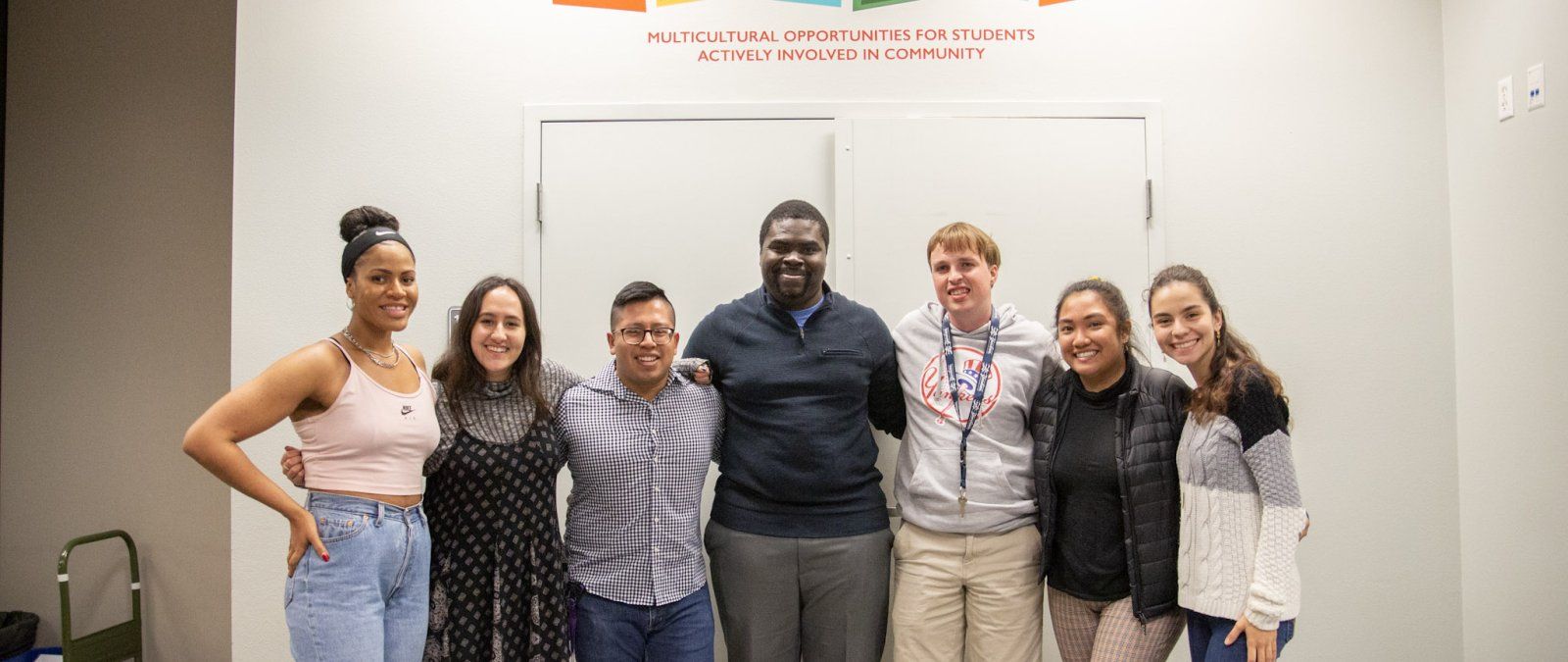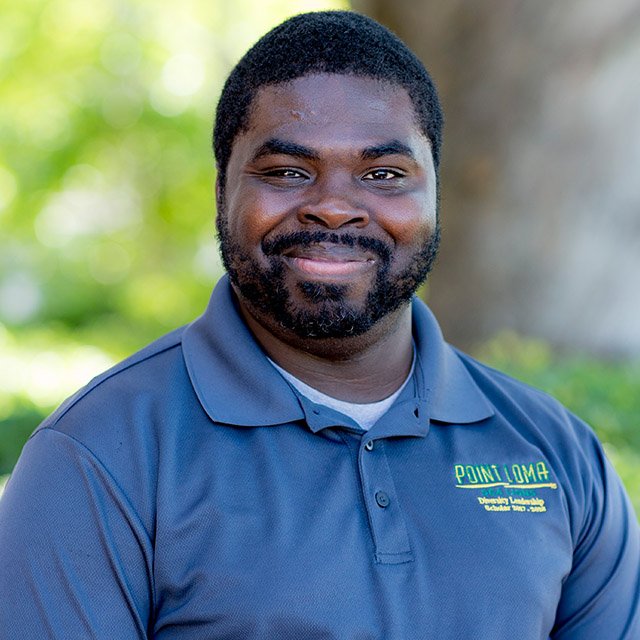
Sam Kwapong, director of the Office of Multicultural & International Student Services, oversees the programming and leadership development of all the MOSAIC student affinity clubs on campus, as well as the personal development of all international students. Recently, he played a key role in planning the student-led diversity forum, an annual campus event. We sat down with him to learn a little more about his work with students.
Q: What experiences in your life led you to this role?
A: To be in this role, one must be comfortable and equipped to work with and know different cultural groups. As a former international student, born and raised in a different country, and having traveled and lived with different cultures within the U.S., I feel a strong connection with each and every one of my students. I may not be a Latino/Hispanic, but I have rich experiences with that culture. The same goes for almost all the different cultures represented in MOSAIC. I feel a personal calling to college students in general, but it is my background of multiculturalism that has uniquely prepared me for this position.
Q: What makes up MOSAIC and what does it stand for?
A: MOSAIC stands for multicultural opportunities for students actively involved in community. The clubs have multiple purposes. First, we understand the need for underserved populations to have a safe place to convene and discuss issues concerning life on a college campus and in this world. Second, we believe although we are different than the majority of students on campus, we love to share our cultures with anyone and everyone who is willing to be a part of them. We accomplish these tasks by holding weekly or biweekly club meetings and organizing different events on campus throughout the year. Currently, there are seven MOSAIC clubs: Black Student Union, Asian Student Union, Association of Latin American Students, Hui O’Hawaii, UNITE, BREAK, and the mentoring group Team Barnabas.
Q: What events this past semester have been impactful?
A: Though we were not a part of the panel at the student-led diversity forum, our office and the office of the chief diversity officer planned the event, which was a success. The students were able to tell their stories to the community members present. Most often, organizations try to have professors and high-ranking personnel teach about diversity, but the most powerful tool for students to learn is to hear from their peers. Outside of that forum, we also put together two student-only focus groups, to give us an idea of what the student body knows and thinks about diversity on campus.
Q: Are there other moments when you feel like your work is especially meaningful?
A: There are many examples where I see meaning in my work, whether that’s talking to a student about an experience in his or her life and connecting it to bigger ideas or assisting a student with a particular difficulty. While I am not a licensed therapist, I feel like most of my work centers around listening to students’ issues and finding ways we can work together toward a goal that will benefit them. There have been many times that students of color have felt unappreciated on campus and we have come together to come up with ways to help. In those times, especially when we find solutions, my life and calling come to full fruition.
Q: What has your work shown you about God and His love?
A: In Revelation 7:9, the apostle John was on the island of Patmos and recounted looking up in front of him. There, he saw a great multitude that no one could count, from every nation, tribe, people, and language, standing before the throne and before the Lamb. This is the dream, the goal: to get to Heaven and experience MOSAIC, multiculturalism in all its glory and awesomeness. When I look at the work I do, I definitely can attest to John’s vision of things to come and I am indeed moved by God’s nature.
Q: What do you wish all students knew about MOSAIC clubs?
A: Although we might all be of a particular race, we are not all the same. For example, just because two students are from Mexico does not mean they grew up in the same barrio and therefore do things the same. In MOSAIC, we celebrate diversity and uplift the individual, and I would want all students to know that. For students of color, I want them to feel free to come and hang out and talk to us, and for all students in general, I would love to hear about their individually unique cultures. Let’s share.
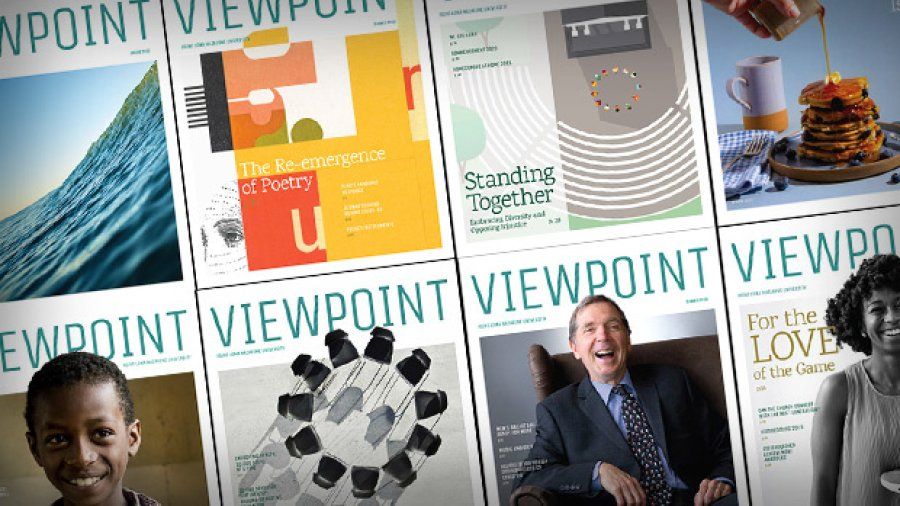
The Viewpoint
PLNU's university publication, the Viewpoint, seeks to contribute relevant and vital stories that grapple with life's profound questions from a uniquely Christian perspective. Through features, profiles, and news updates, the Viewpoint highlights stories of university alumni, staff, faculty, and students who are pursuing who they are called to be.
